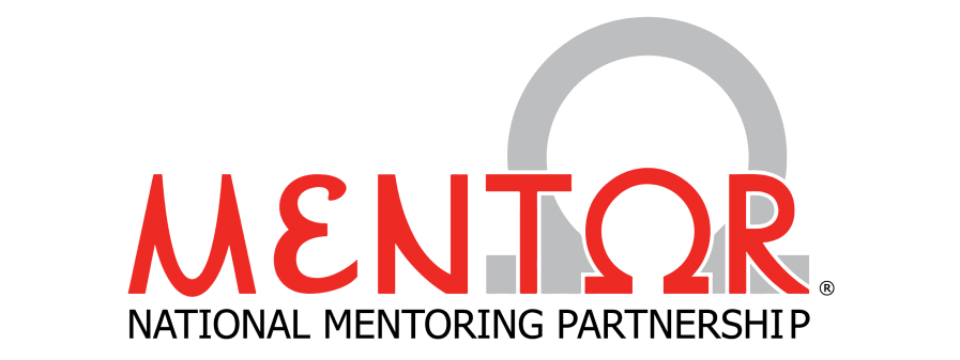The importance of anti-racism training and education for adult mentors who work with BIPOC youth
Sánchez, B., Anderson, A. J., Weiston-Serdan, T., & Catlett, B. S. (2021). Anti-Racism Education and Training for Adult Mentors Who Work With BIPOC Adolescents. Journal of Adolescent Research, 07435584211043288.
https://doi.org/10.1177/07435584211043288
Summarized by Ariel Ervin
Notes of Interest:
- There is a growing interest in the field of mentoring to address the needs of BIPOC youth.
- Providing training and educational opportunities for mentors can better equip mentors to better support BIPOC youth.
- This is especially important given the fact that some programs might inadvertently promote White supremacy.
- This editorial essay highlights a) the importance of training and educating adult mentors on anti-racism to promote the positive development of BIPOC youth, and b) and proposes a framework for it.
- Four components of anti-racist education and training for adult mentors make up the proposed framework.
- Acknowledge, challenge, and disrupt racism
- Promote the critical consciousness of youth
- Bolster the positive identity development of youth
- Make mentees and mentors partners and co-agents
- It’s not only important for mentors to become more aware of racism, but to also develop the necessary skills and behaviors to support BIPOC youth.
- Longer or ongoing training will help mentors learn how to apply what they have learned into their interactions with BIPOC youth.
Introduction (Reprinted from the Abstract)
Racism and White supremacy culture shape the experiences of youth and adults in mentoring programs, which is detrimental to the development of BIPOC youth. The aims of this paper are to a) show why anti-racism training and education for adult mentors is necessary for promoting the positive development of BIPOC youth and b) offer a framework for anti-racist education and training for mentors. We review research showing how mentors’ attitudes about race, ethnicity and culture can harm their relationships with BIPOC youth and research on general mentor training, anti-racism training for mentors, and general diversity and anti-bias training in the workplace. Crossing disciplinary boundaries to inform developmental science, we draw upon critical mentoring, culturally relevant and sustaining pedagogy, and ethnic/racial identity frameworks, and propose four components for anti-racist education and training for mentors: a) acknowledging, confronting, and interrupting racism, b) facilitating youth critical consciousness, c) supporting positive identity development in youth, and d) mentors and mentees as active agents and partners. At the foundation of these pillars is decentering and interrupting Whiteness and youth as co-constructors of knowledge. We offer suggestions for future research and practice in anti-racism training for mentors, which also have implications for youth-adult relationships across settings.
Implications (Reprinted from the Conclusion)
Given the White supremacist norms of youth mentoring programs and that research shows the negative biases, assumptions, and stereotypes of adults across settings and in some mentoring relationships, which have detrimental consequences for the development of BIPOC adolescents, it is essential that adult mentors engage in anti-racist education and training in order to effectively work with this population. Developmental scientists have acknowledged the role of social context and the interactions between youth and adults as important in youth’s healthy development, but there is less attention on the perspectives of the adult volunteers who work with BIPOC adolescents, particularly volunteer mentors. We crossed disciplinary boundaries to inform anti-racist education and training for mentors by examining critical mentoring (Weiston-Serdan, 2017), culturally sustaining pedagogy (Ladson-Billings, 1995; Paris & Alim, 2017), White identity development model (Helms, 2020), and discussions in ethnic/racial identity research that interrogating and resisting structural inequality is part of ethnic/racial identity development in BIPOC people (Mathews et al., 2019; Rogers et al., 2020). Based on these theories, we presented a framework for anti-racist education for volunteer mentors, which includes four pillars: (a) acknowledging, confronting, and interrupting racism; (b) facilitating youth critical consciousness; (c) supporting positive identity development in youth; and (d) mentors and mentees as active agents and partners. At the foundation of these pillars is decentering and interrupting Whiteness and youth as co-constructors of knowledge.
To access this article, click here.










